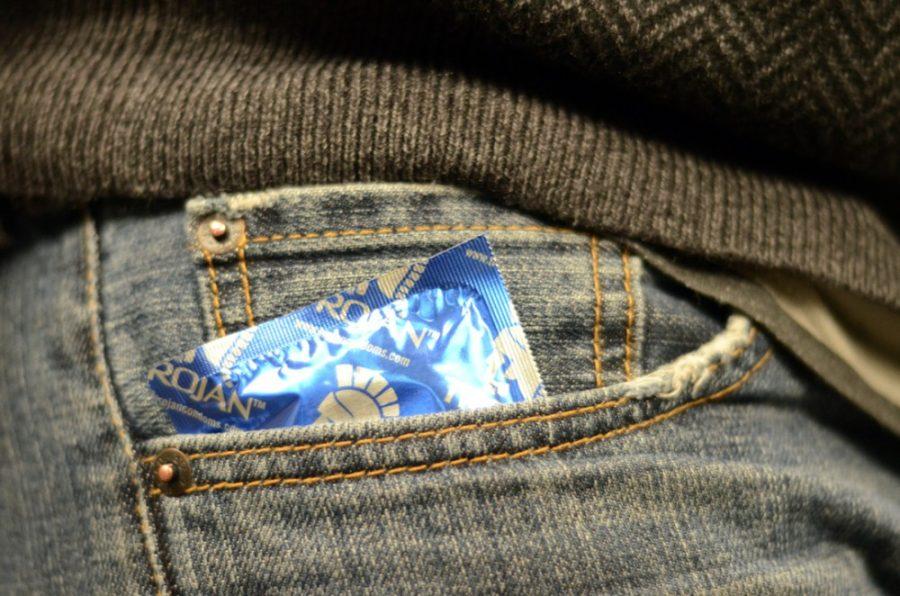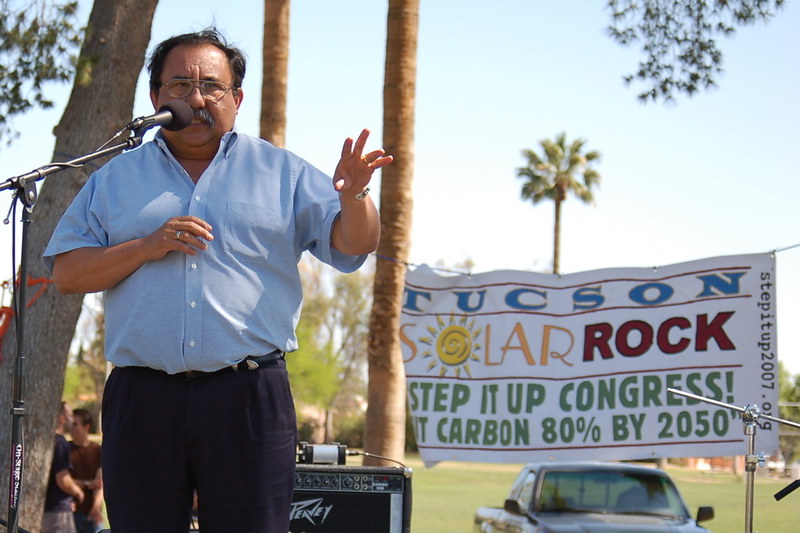The UA was ranked fourth in the nation for sexual health services out of 140 colleges evaluated this year, but campus health staff say there are still ways students can improve.
Lee Ann Hamilton, the Campus Health Service assistant director of Health Promotion and Preventive Services, said Trojan Brand Condoms sends college campuses a survey every year. The UA responds to it and the survey is then verified by the survey administrators.
Carrie Hardesty, a health educator for Campus Health HPPS, said some of the categories Trojan evaluates are hours of operation, the quality of sexual health information, the availability of condoms, sexually transmitted diseases testing, outreach programs and sexual health education amongst others.
The UA was ranked third last year and was the only college in the top five in both the 2013 and 2014 reports. Hamilton cited the UA’s commitment to providing sexual health services as the reason why the UA is able to routinely appear near the top of the rankings.
“I think we consistently offer really good programming and services,” Hamilton said.
Hamilton said some of those services include the videos CHTV puts online, the Living Wild! e-magazines that are published each semester, the SexTalk column in the Daily Wildcat and especially the pharmacy at Campus Health, which sells birth control and treats STDs on site.
Hardesty said it was not only consistency but never-ending improvement that keeps the UA near the top.
“We are always continuously improving our resources to better meet the needs of U of A students,” Hardesty said.
Hardesty said one way Campus Health has improved its resources in recent years is through the creation of Free Condom Friday, an event that occurs every Friday at Campus Health where students can obtain a variety of free condoms.
Hamilton said one thing that is often mistaken with the report card is people think the report is referring to the UA’s students rather than the programs on campus.“It’s not really speaking about students,” Hamilton said. “It’s about [our] services.”
Hamilton said despite the services available, student habits have not dramatically changed in the time she has been working at the UA.
“I think that we have continued to provide more services, but every year there’s new students that come on campus and many of them think ‘It won’t happen to me,’” Hamilton said. “That hasn’t changed over the years.”
The staff gave their input on how UA students can become more sexually healthy.
Hardesty said increasing the awareness for the services on campus could help in and of itself.
“I think we could always improve on reaching students and letting them know that campus health is here and we’re here for them and we have lots of friendly staff here that really want to help them be successful and healthy in college,” Hardesty said.
Megan McKendry, the violence prevention specialist at the Oasis Program, said she would tell students that one of the best ways to improve the community is to change the way students talk about and deal with instances of sexual assault.
“My biggest piece of advice would be probably to believe survivors and to take care of themselves, their friends and the people in their community,” McKendry said. “To become active bystanders and speak out against sexual violence, whether that’s through challenging language that supports rape all the way through intervening against a potential incident of sexual assault.”
Both Hardesty and Hamilton said the Oasis was one of the most important reasons the UA is ranked highly.
“My message is: If you’re going to be sexually active, you need to plan and prepare and do whatever you can to reduce your risks to make sex safer,” Hamilton said. “That just makes sense.”
_______________
Follow Max Rodriguez on Twitter.








